#baháʼí faith
Explore tagged Tumblr posts
Text
Someone come explain monotheism to me, I don't GET it
#religion#christianity#judiasm#islam#Sikhism#Baháʼí Faith#Like I understand the concept#but I don't understand how it works from a faith perspective#like to me having only one god seems either so complicated or so simple that it basically loses all meaning#I like polytheism because it helps break down big issues into manageable metaphysical chunks that I can engage with more fully#I just don't know what you guys are getting out of the only one god situation#but it seems very popular so I WANT to understand#like this is a legitimate request#please come tell me why you're a monotheist#I'm trying to get it
19 notes
·
View notes
Text
I hope you find god.
"What are you, a Christian trying to convert me?"
No I'm a Baha'i, that was a death threat
10 notes
·
View notes
Text

Shrine of the Báb, Mount Carmel, Haifa.
It is worth reading up on the Báb. An interesting figure in the Islamic world, I think.
1 note
·
View note
Text
Why is it that even today when you look up "three major religions" Judaism is in the top three on most of the search results?
Seriously y'all....why? Hinduism and Buddhism outnumber us by the hundreds of millions.
Hell even if you counted monotheistic faiths, we're still not top 3. Sikhism also outnumbers us.
We're 0.2% of the global population and 2.4% of the USA's population.
The only way this makes sense is if you're talking about the three major "Abrahamic" religions. But if that's the case maybe specifying that is important?
Btw there's also Bábism, Druzism, Samaritanism (Jewish kin), and the Baháʼí for "Abrahamic" religions.
537 notes
·
View notes
Text
there's too much animosity towards queer people who want to practice their faith/spirituality, both within their respective religions and within the LGBTQIA+ community.
we need to protect and lift up our queer siblings of faith.
our queer Christians.
our queer Jews.
our queer Muslims.
our queer Hindus.
our queer Buddhists.
our queer Sikhs.
our queer Baháʼís.
our queer Wiccans/Pagans.
our queer Shintos.
our queer siblings of indigenous/folk faiths.
our queer SBNR siblings.
our queer siblings of whatever religion/spiritual systems they observe.
you're all beautiful and valid and loved and don't let anyone tell you otherwise. 💖
#religion cw#queer theology#lgbtqia+#lgbtq#queer christian#queer jews#queer muslim#queer hindu#queer buddhist#queer pagan#queer wiccan#queer
2K notes
·
View notes
Text
Happy pride to religious LGBTQ+ folks.
It never doesn’t hurt to see religious people, especially possibly from your own religion, hate you for just existing. Staying true to yourself and keeping your faith while doing so is something to have pride about🏳️🌈🏳️⚧️
Happy pride to all LGBTQ+ Muslims.
Happy pride to all LGBTQ+ Jews.
Happy pride to all LGBTQ+ Christians.
Happy pride to all LGBTQ+ Hindus.
Happy pride to all LGBTQ+ Buddhists.
Happy pride to all LGBTQ+ Sikhs.
Happy pride to all LGBTQ+ Shintoists.
Happy pride to all LGBTQ+ Taoists.
Happy pride to all LGBTQ+ Vodouists.
Happy pride to all LGBTQ+ Spiritualists.
Happy pride to all LGBTQ+ Shamanists.
Happy pride to all LGBTQ+ Confucians.
Happy pride to all LGBTQ+ Jains.
Happy pride to all LGBTQ+ Baháʼís.
Happy pride to all LGBTQ+ Zoroastrians.
Happy pride to all LGBTQ+ religious folks.
#mental health#positivity#self care#self help#recovery#happiness#pride#pride month#lgbtq#lgbt#christianity#islam#jewish#hinduism#buddhism#sikhism#shintoism#taoism#religion#lgbt positivity#body positivity#wlw positivity#positive reminders#body positive#pro recovery#autism#trans positivity#self love#self improvement#self care reminder
180 notes
·
View notes
Text
Devotion
Monday - April 21, 2025

During April 2025 the Hindu, Jewish, Christian, Sikh and Baháʼí faiths are celebrating significant "holy days" and religious observances. I love these days when you see religious devotees celebrate their faith.
For many years I have celebrated Good Friday with my own Ceremony and time of meditation. This year I did not. I allowed work and other obligations to interfere. It bothered me all weekend that I allowed such things to get in the way of something that deep inside I am devoted to. The pain of how casually I let the world interfere bothers me even as I type this post.
That won't happen again. I have learned a great lesson courtesy of the Old Wise Teacher .... Saturn.
Today Saturn conjuncts the North Node in Pisces at 26°, a degree it rules; a degree that asks you to commit, and if able, to devote. In Pisces it is to devote to your highest spiritual expression, and to know WHY you are devoting to it. And conjuncting the North Node it means committing/devoting in ways you haven't before.
I learned my lesson, and I'm grateful for it. Devotion requires something more than your heart, but your time as well. FYI ... Saturn is the ruler of time as well. Ask yourself today what are you not making time for, or devoting to, that deep down inside you "say" you are committed to.
You may end up seeing that your actions and heart are not exactly aligned.
25 notes
·
View notes
Text
Wikipedia really not beating the antisemitism allegations.

I mean do we really need all that. Do we really need to know according to Halacha Justin Baldoni is considered Jewish via his mother.
Baldoni, who is a devout Baháʼí, no longer celebrates the Jewish holidays
Baldoni’s 2011 trip to Israel, ironically, has little to do with his Jewish roots and much more to do with his Bahá’í faith.
He is not Jewish and is not a part of the community.
11 notes
·
View notes
Note
As an arab who has lived in Israel, everyone's accusations that they are some kind of apartheid state? I don't understand where you get these ideas from? I think you conflate that idea with the things you Americans learned from your racist history of white and black people and your past of segregation and with the history of South Africa's past as well. I have never been othered or harassed as a Lebanese woman by my coworkers, bosses, or friends. I can read everything here becuase we have access to everything here, I cant read hebrew well, but I can read the arabic around the country. I'm not forbidden from places for being arab. I have had uncomfortable experiences in some areas, but never at the hands of a Israeli, but by men who assumed i was Israeli/ a jew and thought I couldn't understand what they would say about me/ my female family or friends with me.
I was gonna write out a different full response but frankly I don't believe you. You are asking as an anonymous person so you could very well be one of the Zionists who keeps complaining I don't have sympathy for the PTSD coming from MURDERING PEOPLE AND LAUGHING ABOUT IT! Or you may be telling the truth but the slew of go fund me scams claiming to be people that are really sets the bar high for someone being anonymous.
I have seen orthodox Jews on the streets of Israel beaten to an inch of their life for trying to stop a Palestinian from being harassed by police.
I have seen the videos about the Israeli government beat back protestors for wanting aid through.
I have seen rallies where people in Israel screamed "Death to all Muslim"
I have see a fucking girl torn to shreds and shoved on rebar like meat by the IOF so politely don't fucking tell me how YOUR experience defines the entire group currently being genocided and tortured.
Do you really expect me to think that just cause things were okay for YOU that the murders I saw with my own eyes aren't real?
Side note: Everyone in the Middle East is Arab, that's a regional cultural identity, not a religion or even a descriptor of which country they were born in. Jews in Palestine are Arab and Muslims in Israel are Arab.
"Arab identity (Arabic: الهوية العربية) is the objective or subjective state of perceiving oneself as an Arab and as relating to being Arab. Like other cultural identities, it relies on a common culture, a traditional lineage, the common land in history, shared experiences including underlying conflicts and confrontations. These commonalities are regional and in historical contexts, tribal. Arab identity is defined independently of religious identity, and pre-dates the spread of Islam and before spread of Judaism and Christianity, with historically attested Arab Muslim tribes and Arab Christian tribes and Arab Jewish tribes. Arabs are a diverse group in terms of religious affiliations and practices. Most Arabs are Muslim, with a minority adhering to other faiths, largely Christianity,[1] but also Druze and Baháʼí.[2][3]"
Edit: to add an item on this, I’ll trust South Africa on if Israel is an segregation/apartheid state over you
#you may be telling the truth#but your statement reads as a lie#and frankly the idea that only your experience defines others is horseshit#palestine#israel#israel is a terrorist state#genocide#free gaza#gaza strip#gaza#fuck the israeli government#free palestine#idf is a terrorist group
33 notes
·
View notes
Text

View of the Baha'i Temple and Haifa Port from Yaffe Nof Street, Haifa Israel
The Baháʼí World Centre is the name given to the spiritual and administrative centre of the Baháʼí Faith, representing sites in or near the cities of Acre and Haifa, Israel. The Baháʼí Faith is a monotheistic religion founded in the 19th century that teaches the essential worth of all religions and the unity of all people. Established by Baháʼu'lláh, it initially developed in Iran and parts of the Middle East, where it has faced ongoing persecution since its inception. The religion is estimated to have approximately 8 million adherents (known as Baháʼís) as of 2024, spread throughout most of the world's countries and territories. Photo credit : Talia Grossfeld
#Baháʼí
8 notes
·
View notes
Text
Happy Disability Pride to all disabled religious folks.
Happy disability pride to all disabled Hindus.
Happy disability pride to all disabled Buddhists.
Happy disability pride to all disabled Sikhs.
Happy disability pride to all disabled Jains.
Happy disability pride to all disabled Muslims.
Happy disability pride to all disabled Jews.
Happy disability pride to all disabled Christians.
Happy disability pride to all disabled Satanists.
Happy disability pride to all disabled Wiccans.
Happy disability pride to all disabled Taoists.
Happy disability pride to all disabled Confucians.
Happy disability pride to all disabled Shintoists.
Happy disability pride to all disabled Voodouists.
Happy disability pride to all disabled Shamanists.
Happy disability pride to all disabled Baháʼís.
Happy disability pride to all disabled Zoroastrians.
Happy disability pride to all disabled Spiritualists.
Happy disability pride to all disabled pagans.
Happy disability pride to all disabled animists.
Happy disability pride to all disabled agnostics.
Happy disability pride to all disabled people of indigenous religions.
Happy disability pride to all disabled people of more than one religion.
Happy disability pride to all disabled religious folks. You deserve to stay true to yourself and your faith.
If I forgot your religion, please let me know.
13 notes
·
View notes
Text
Nowruz (Persian: نوروز, pronounced [nowˈɾuːz]; lit. 'new day') is the Persian-language term for the day of the Iranian New Year, also known as the Persian New Year. It begins on the spring equinox and marks the beginning of Farvardin, the first month of the Solar Hijri calendar (an Iranian calendar used officially in Iran and Afghanistan). The day is celebrated worldwide by various ethnolinguistic groups and falls on or around the date of 21 March on the Gregorian calendar.
The day of Nowruz has its origins in the Iranian religion of Zoroastrianism and is thus rooted in the traditions of the Iranian peoples; however, it has been celebrated by diverse communities for over 3,000 years in Western Asia, Central Asia, the Caucasus, the Black Sea Basin, the Balkans, and South Asia. Presently, while it is largely a secular holiday for most celebrants and enjoyed by people of several different faiths and backgrounds, Nowruz remains a holy day for Zoroastrians, Baháʼís, and some Muslim communities.
As the spring equinox, Nowruz marks the beginning of spring in the Northern Hemisphere. The moment at which the Sun crosses the celestial equator and equalizes night and day is calculated exactly every year, and families traditionally gather together to observe the rituals.
While Nowruz has been celebrated since the reform of the Iranian calendar in the 11th century CE to mark the new year, the United Nations officially recognized the "International Day of Nowruz" with the adoption of Resolution 64/253 by the United Nations General Assembly in February 2010.
The first day of the Iranian calendar falls on the March equinox, the first day of spring, around 21 March. In the 11th century CE the Iranian calendar was reformed in order to fix the beginning of the calendar year, i.e. Nowruz, at the vernal equinox. Accordingly, the definition of Nowruz given by the Iranian scientist Tusi was the following: "the first day of the official New Year [Nowruz] was always the day on which the sun entered Aries before noon." Nowruz is the first day of Farvardin, the first month of the Iranian solar calendar.
HAPPY NOWRUZ TO ALL OF THE 🇮🇷 PERSIAN Communities in the ���
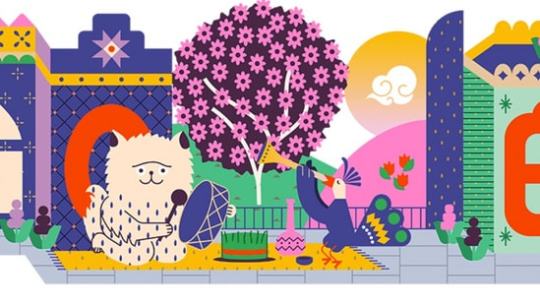

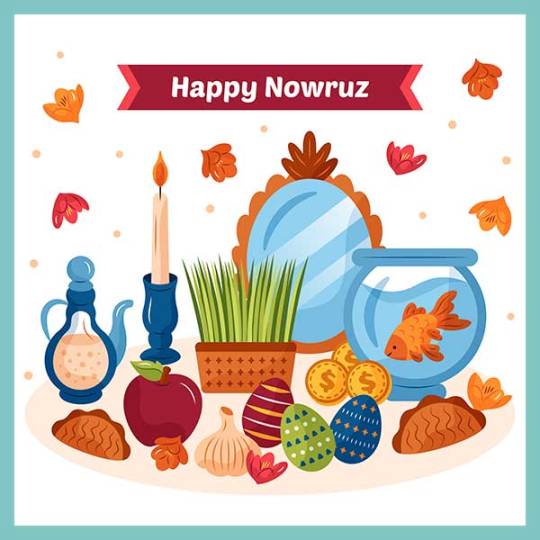
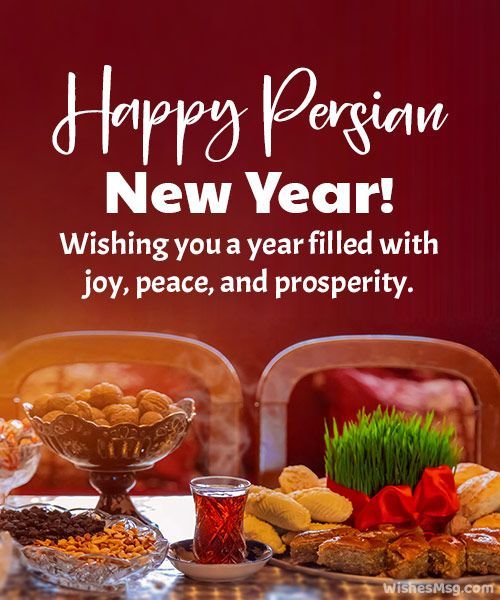
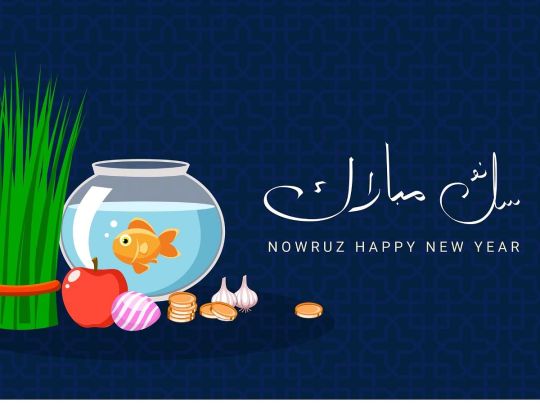
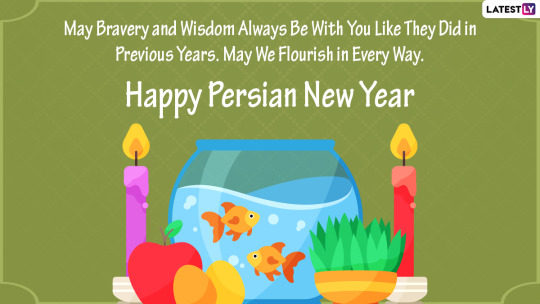


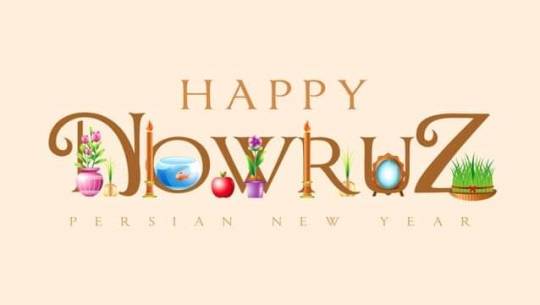
#persiannewyear #nowruz
16 notes
·
View notes
Text
Is the Parable of the Lovers a thing Muslims talk about often or is it a niche Muslim thing and a really common Baha'i thing?
2 notes
·
View notes
Text
"This report, Outsiders: Multifaceted Violence Against Baháʼís in the Islamic Republic of Iran, jointly produced by Abdorahhman Boroumand Center for Human Rights in Iran and Eleos Justice (Faculty of Law, Monash University), examines the persecution of Bahá’ís through two frameworks: Johan Galtung’s theory of violence — direct, structural, and cultural — and international criminal law. Drawing on diverse sources, including over 50 interviews with Baháʼís, the report provides unprecedented insight into the mechanisms of persecution and calls for international awareness and accountability.
The Bahá’í faith, established in 1844, has faced continuous and intense persecution in Iran, marked by violence, discrimination, and a systematic denial of rights. Initially, Bahá’ís experienced mob violence and various forms of state-sanctioned oppression, which worsened after the 1979 Islamic Revolution. The new regime viewed the Bahá’í community as a theological and ideological threat, reinforcing exclusionary policies under the doctrine of Velayat-e Faqih, which left no room for religious diversity.
State violence against Bahá’ís has ranged from executions, enforced disappearances, torture, and physical abuse, to the destruction of property, including homes, businesses, and cemeteries. Hundreds of Bahá’í properties have been confiscated, leaving families without recourse and with lingering trauma.
Apart from physical violence, Bahá’ís in Iran suffer structural and cultural discrimination. The constitution excludes Bahá’ís from recognized religious minorities, denying them basic rights to education, employment, and property. A 1991 memorandum further formalized policies aimed at limiting Bahá’í socioeconomic progress. Recently, Bahá’ís have been denied marriage registration, complicating legal matters around family and inheritance.
Culturally, the State perpetuates anti-Bahá’í sentiment through propaganda and misinformation, portraying Bahá’ís as foreign agents or morally corrupt. This narrative permeates educational materials, fostering discrimination among students and teachers. However, there is growing resistance among Iranians, with some expressing support for the Bahá’í community.
Under international law, these systematic actions against Bahá’ís constitute crimes against humanity, including murder and persecution, though they fall short of the legal definition of genocide. Despite Iran’s non-participation in the Rome Statute, the principle of universal jurisdiction allows for potential prosecution by other nations, marking an ongoing international concern for the Bahá’ís’ plight in Iran.
Read the full report in PDF format."
#baha'i faith#baha'is in iran#iranian baha'is#iranian regime#state sanctioned violence#state sanctioned oppression#religious persecution#state sanctioned persecution#the persecution of baha'is in iran
4 notes
·
View notes
Text
On This Day In History
May 23rd, 1844: Declaration of the Báb, Báb declares himself a Prophet and starts a faith, Bábism, that will become the forerunner to the Baháʼí Faith.
65 notes
·
View notes
Text
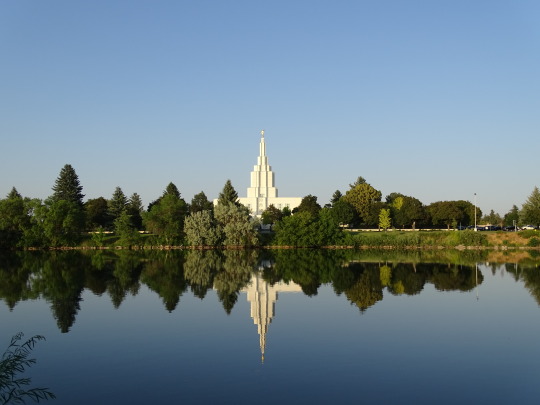
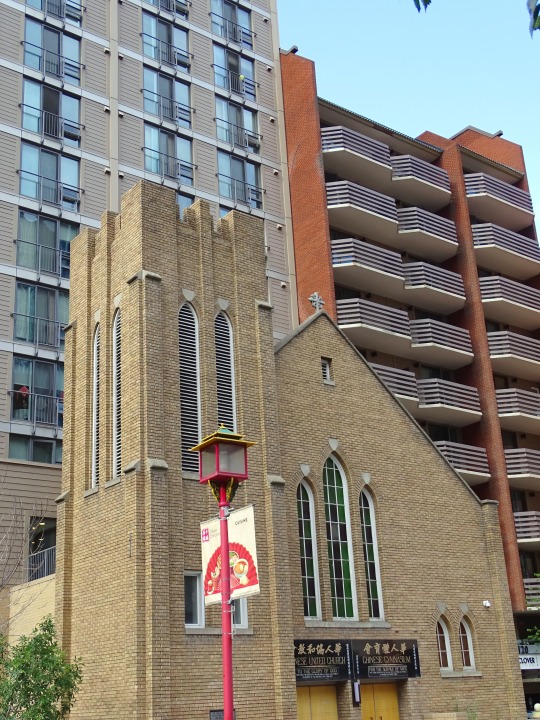
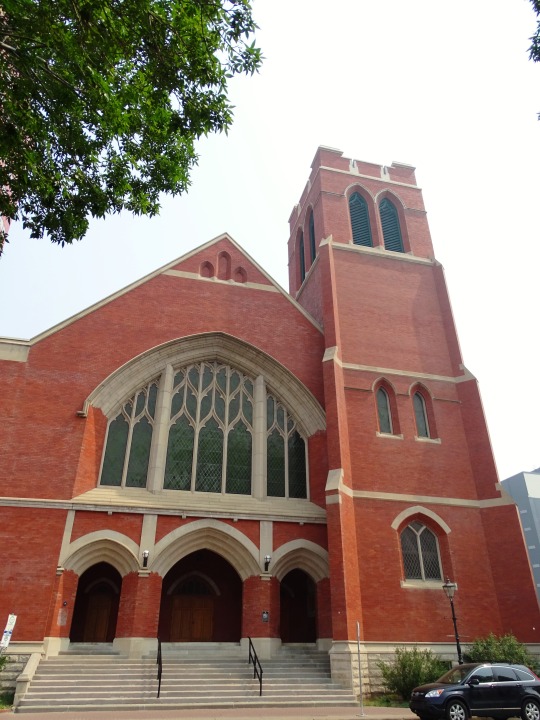
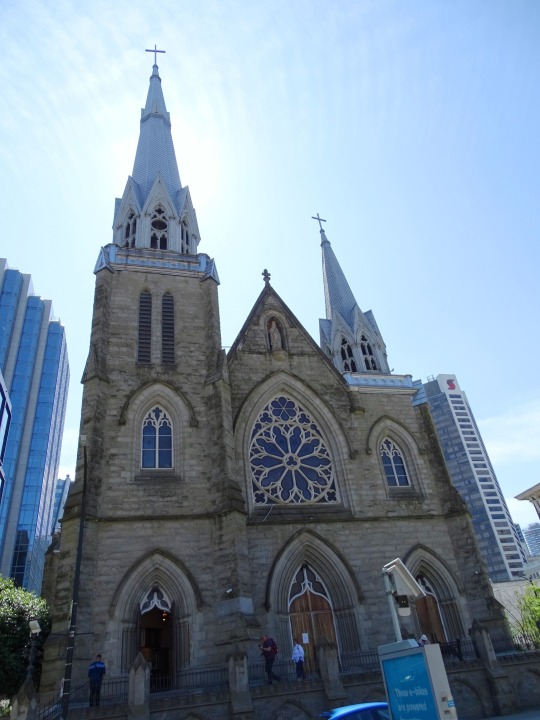

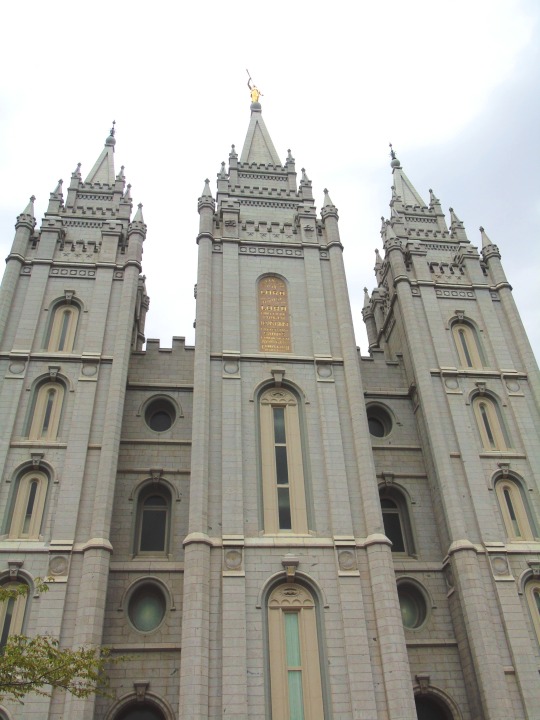
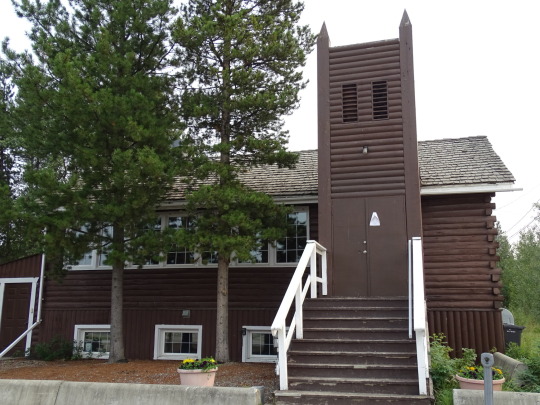
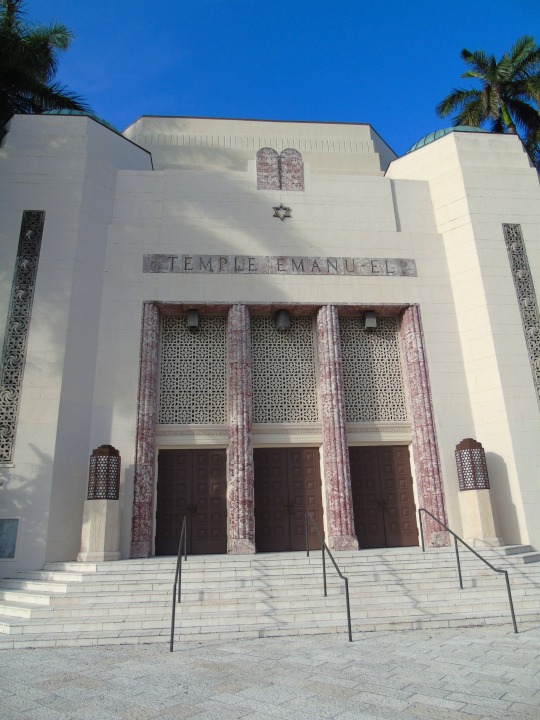
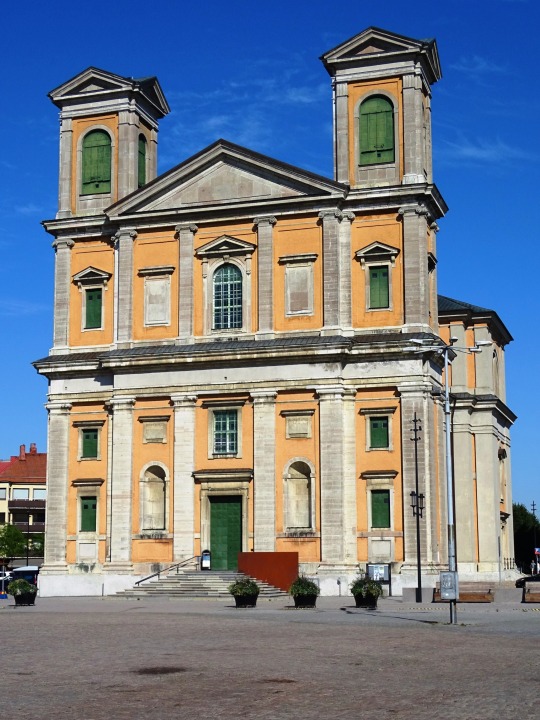
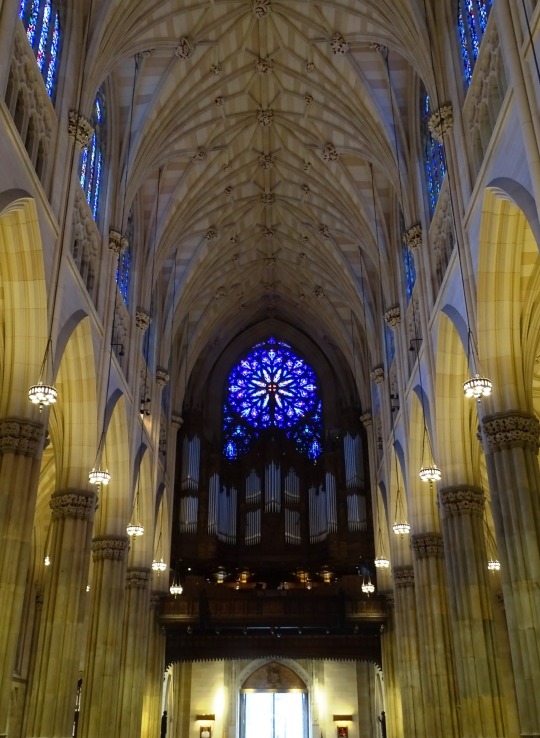
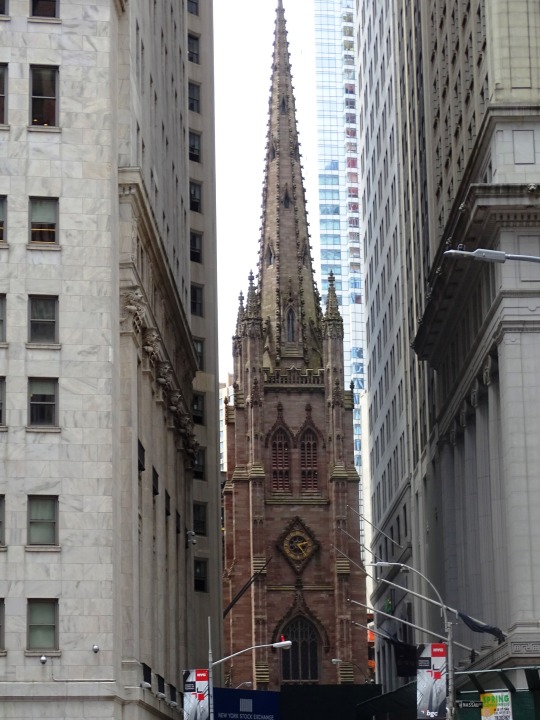
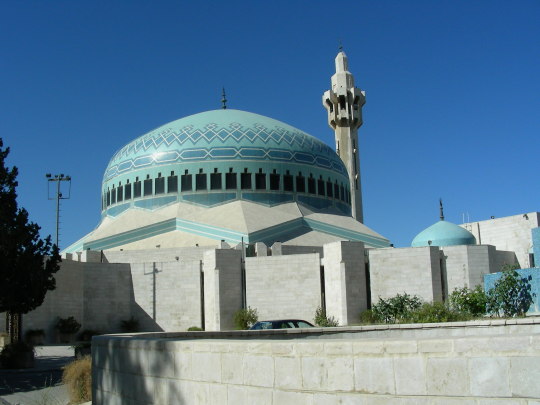
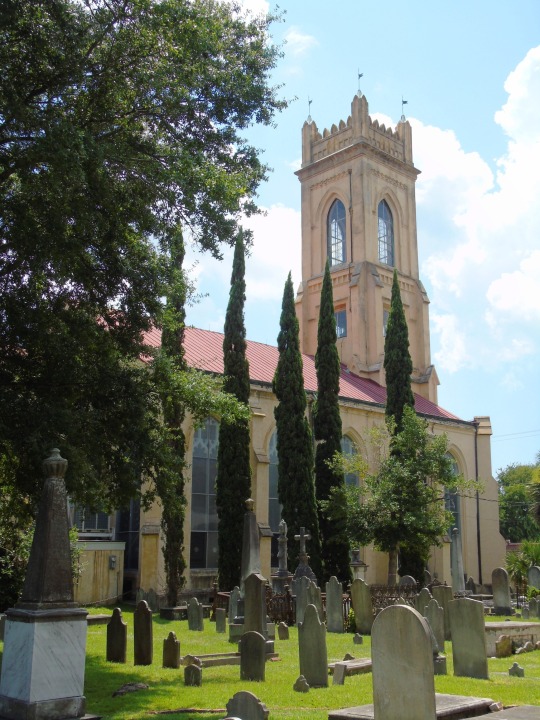
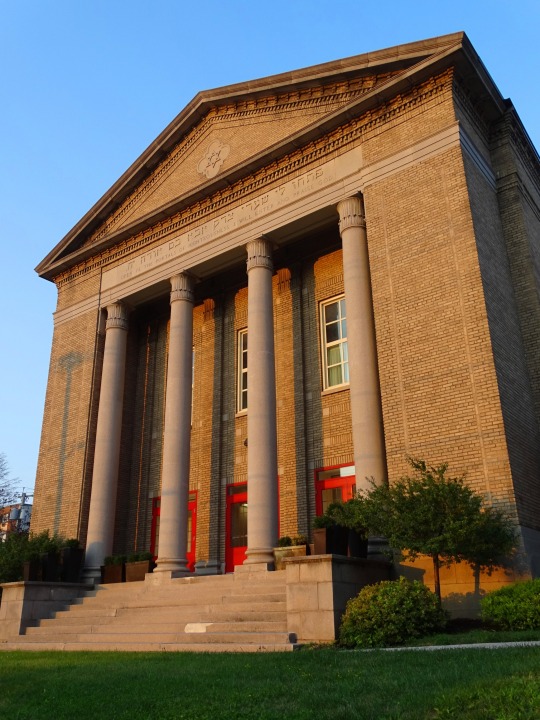

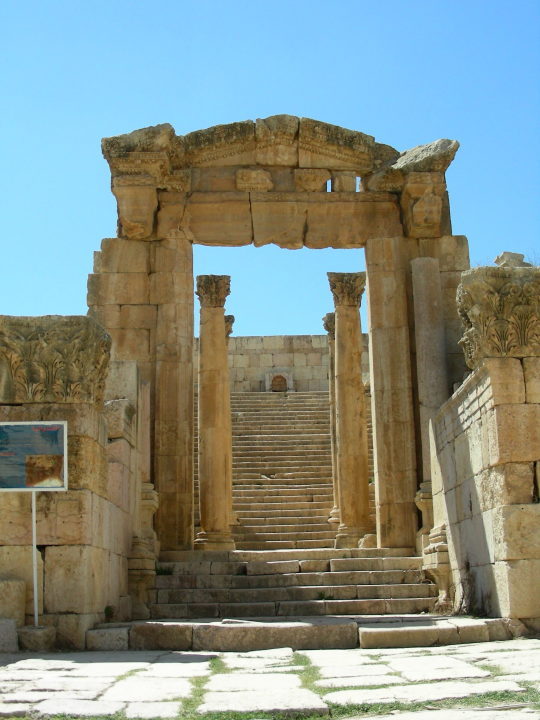
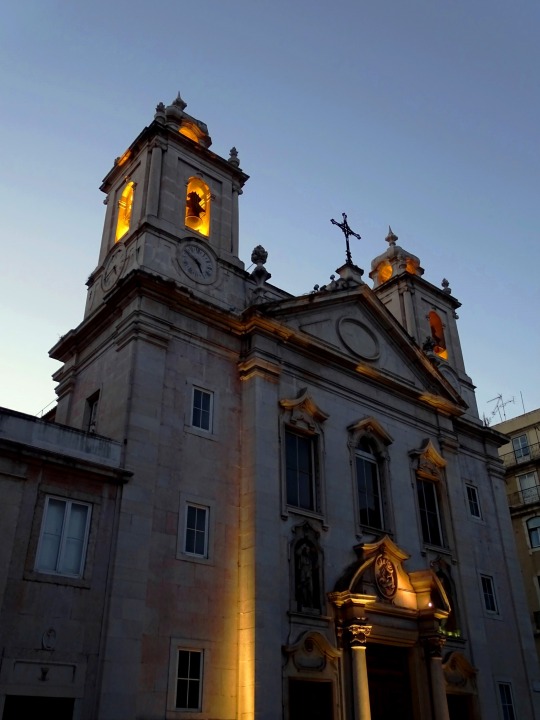
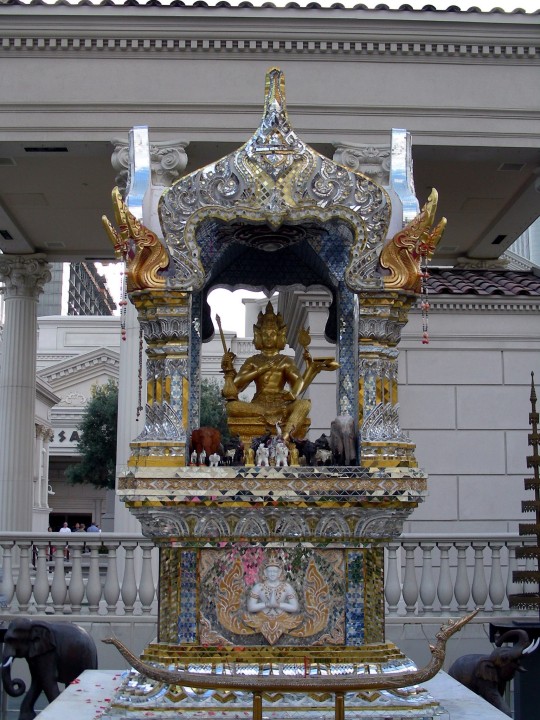
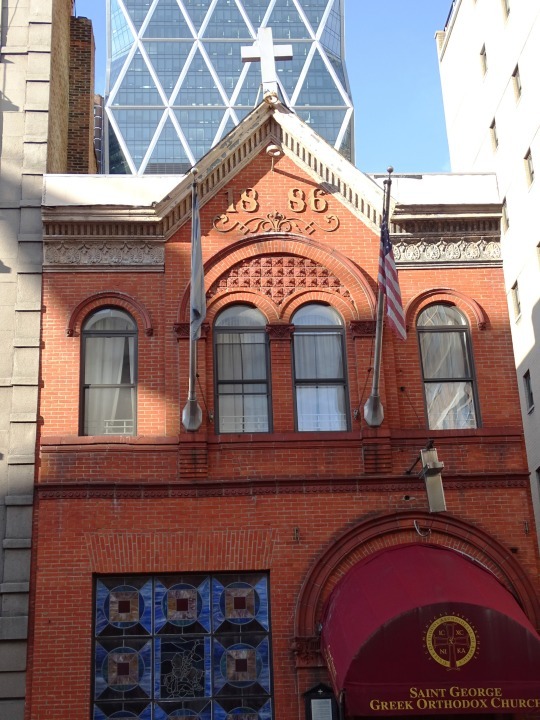
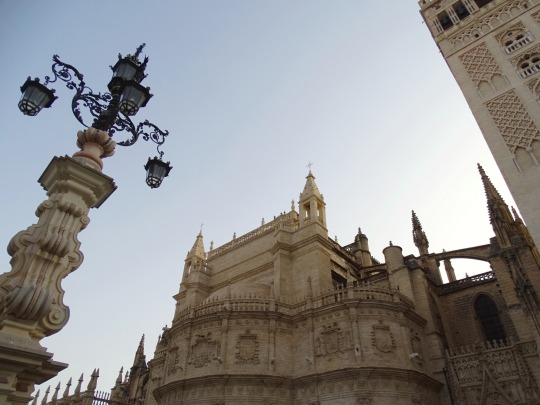
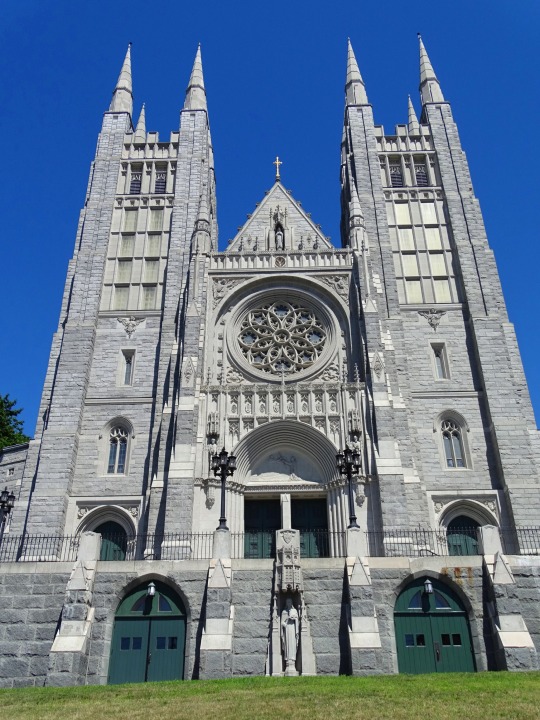
World Religion Day
World Religion Day is celebrated on the third Sunday in January every year, and is a reminder of the need for harmony and understanding between religions and faith systems. On this day, communities of different faiths have the opportunity to get together and listen to each other, as well as celebrate the differences and commonalities that the delicate intermingling of culture and religion brings. There are approximately 4,200 religions around the world. While many people live their lives without religion, faith in a higher being or power works for the majority of people. Whatever the reasons, we are all for the idea of people being unified despite differences, and celebrating them.
History of World Religion Day
The first official observance of World Religion Day (as it is known today), was in 1950, but the concept began a few years prior to that. In Portland, Maine, the National Spiritual Assembly of the Bahá’í Faith hosted a talk in Eastland Park Hotel in October 1947, culminating in the decision to observe an annual event, then known as World Peace Through World Religion. By 1949, the event began to be observed in other parts of the U.S. and grew more popular. By 1950, it came to be known as World Religion Day. On this day, at various different locations, many authors, educators, and philosophers are invited to speak on world religions and the importance of establishing and maintaining harmony between them. It’s a great forum for learning more about other religions and cultures too, and a chance to intermingle socially with people of different faiths and worldviews.
Since this concept was the brainchild of people from the Bahá’í Faith, it is worth exploring what this faith is and tracing its historical roots. As a religion, Bahá’í first emerged in Persia (modern-day Iran), in the 1800s. There are three core principles of this faith — unity of God, unity of religion, and unity of all mankind. It is a monotheistic faith, believing in a single god, and that the spiritual aspects of all religions in this world stem from this single god. Another central tenet is the belief in the innate equality of all human beings. Thus, all humans have the same rights and responsibilities. If you look at it, the Bahá’í Faith is an all-encompassing one that recognizes the commonalities between all religions, so Baháʼí believes that all faiths have common spiritual goals too, especially since religions are ever-evolving.
World Religion Day timeline
1800s The Baha`i Faith is Established
In Persia, around 1844, the Bahá'í Faith is established by a mix of people from Christian, Jewish, and Zoroastrian religious roots.
1949 World Peace Through World Religion
The first event takes place in Portland, Maine, to establish the foundation of World Religion Day.
1950 World Religion Day is First Observed
As World Peace Through World Religion begins to spread across the U.S., the celebration morphs into World Religion Day.
1957 Bahá'í Leadership Passes on to a Group
Rather than passing on from individual to individual, the death of Shoghi Effendi leads to the faith leadership passing to the Universal House of Justice.
World Religion Day FAQs
How many religions are there in the world?
Many scholars estimate that there are approximately 4,200 different active religions in the world today.
How many countries celebrate World Religion Day?
World Religion Day is currently celebrated in over 80 countries around the globe.
Which religion has the most adherents?
Christianity tops the list, with a whopping 2,3 billion. Next comes Islam with 1,8 billion. Third on the list are those unaffiliated with any particular religion, at 1,2 billion.
How to Observe World Religion Day
Attend an interfaith event
Engage with other religions
Try out a different religious experience
Many different organizations hold interfaith events on this day, where people can get together and hear about the beliefs and philosophies held by others of different faiths. These events are great spaces for eminent speakers, writers, and spiritual leaders to share openly about what they subscribe to, and why.
World Religion Day provides the perfect opportunity for people to step out of their individual bubbles and engage with the beliefs and spiritual ideologies of others. It’s about dialogue and the freedom to both express and listen; most importantly, it’s a time to learn from each other. This day reminds us that religion does not have to be a taboo subject, and everyone has a unique story to tell.
Religion is often inextricably linked with culture, so why not experience the best of both by attending a religious event of some sort, outside of your own? Whether it is going to a mosque or temple, or celebrating a religious festival you are not familiar with, it’s a great way to make inroads into different community groups and build relationships.
5 Facts About World Religions You May Not Know
You name it, there’s a patron saint for it
Wicca is not an ancient religion
Mormons have limited beverage options
The “Qur’an” mentions Jesus more than Muhammad
Hindus can also be atheists
In Catholicism, there is a patron saint for nearly everything, including coffee, beekeepers, and headaches.
Though it sounds like it would be ancient, considering its roots in European fertility cults, Wicca was introduced in the 1950s.
Mormons are forbidden from drinking beverages like tea, coffee, or alcohol; soda, however, seems to be okay.
Though this is not a popularity contest, the “Qur’an” apparently mentions Jesus Christ five times more than Muhammad.
While Hinduism is a polytheistic religion, it is also possible to be a practicing Hindu and an atheist — the moral and ethical code remains the same.
Why World Religion Day is Important
It purports to unite people
Interfaith harmony
A chance to experience something different
We love any day that seeks to bring people together, irrespective of differences, and this day fits the bill exactly. Whatever one’s religious beliefs and culture, the longing for acceptance and unity will be a fundamentally human one that unites us already.
World Religion Day offers people across the globe a chance to get to know others of different religions better, and seeks to foster a better understanding of religious differences through peaceful means such as dialogue.
The various interfaith and religious events organized by communities around the world are an exciting opportunity and opening for people to immerse themselves in spiritual experiences different from what they know. And so much of it is cultural that we see it as a win-win.
Source
#First Presbyterian Church by Wilson and Herrald#Edmonton#Idaho Falls#Calgary#Chinese United Church#Historic Anglican Church of St. Clement#Cathedral of Our Lady of the Holy Rosary#Seville Cathedral#Salt Lake Temple#Spain#Sweden#USA#original photography#architecture#cityscape#tourist attraction#landmark#Miami Beach#Temple Adath Yeshurun#Saint George Tropoforos Hellenic Orthodox Church#Syracuse#New York City#St. Patrick's Cathedral#Notre-Dame Basilica of Montréal#World Religion Day#19 January 2025#third Sunday in January#Basilica of Saints Peter and Paul#Canada
2 notes
·
View notes